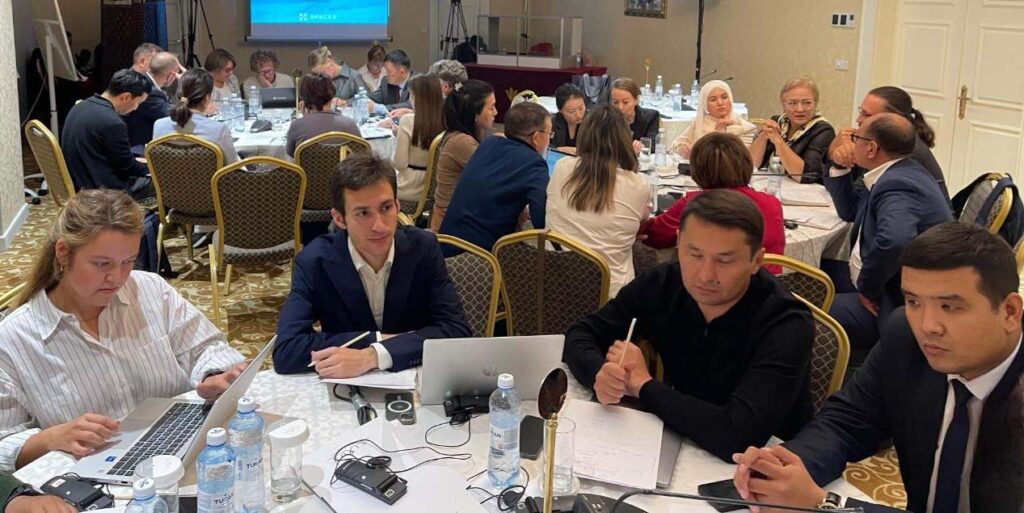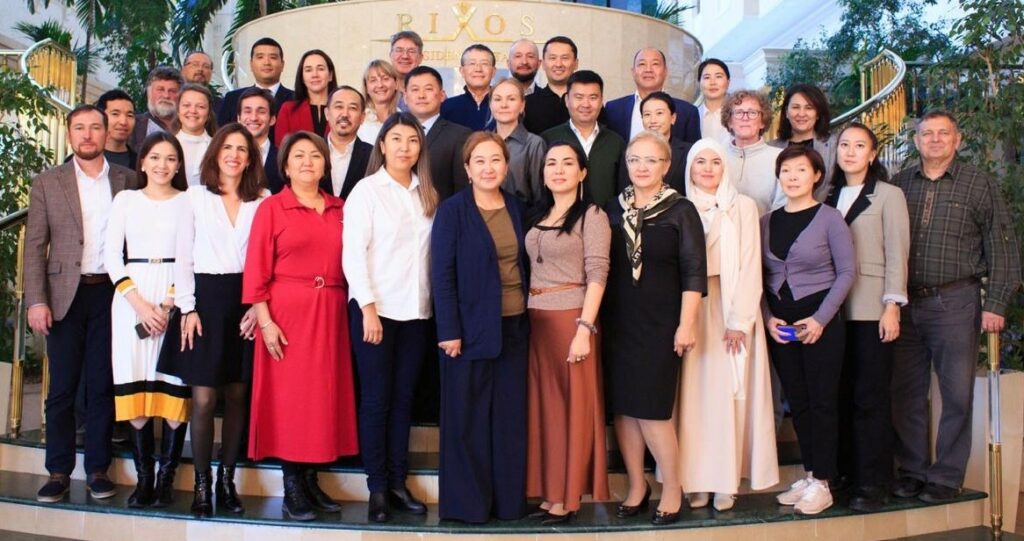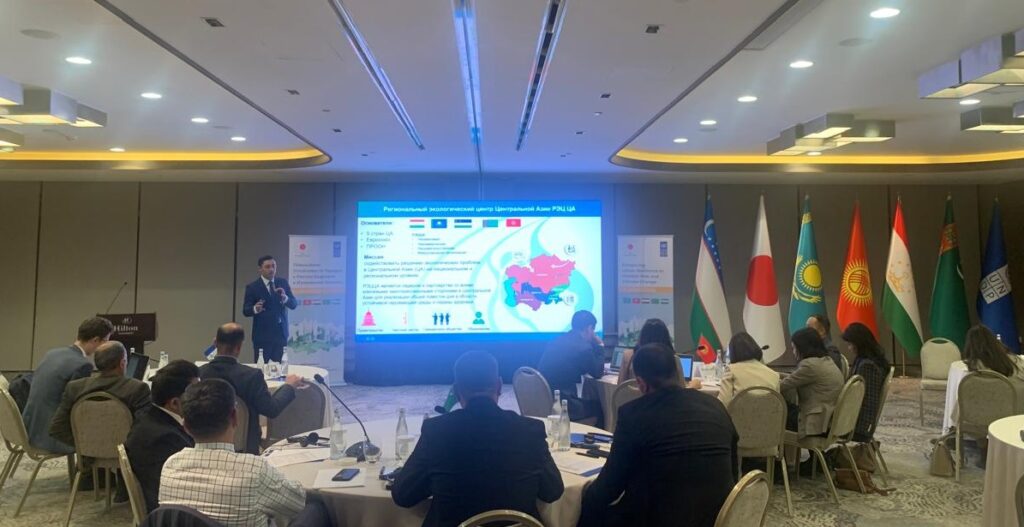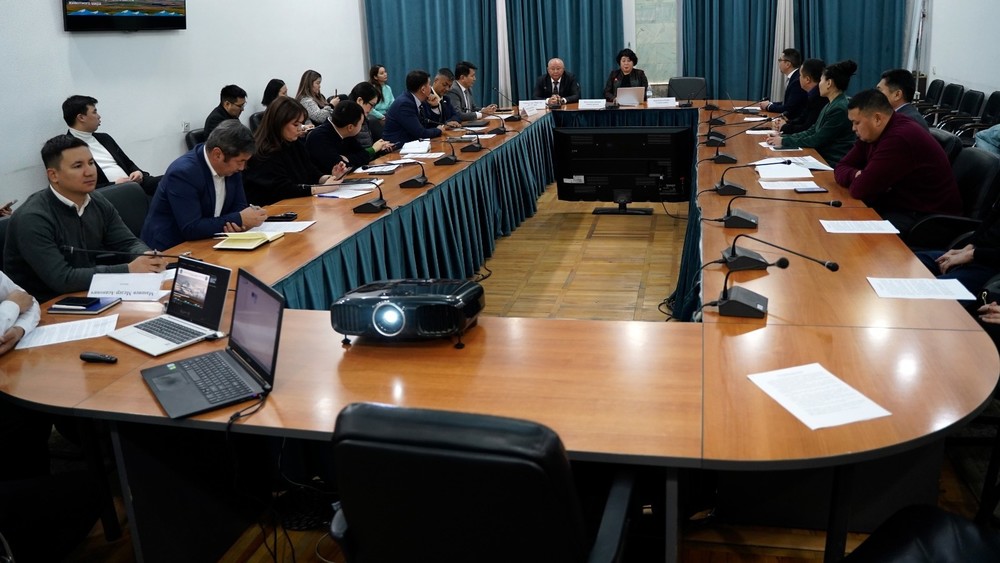On 25 September 2024, an introductory workshop for representatives of government agencies, and scientific and public organizations was held in Astana to discuss the activities of the SPACES project.
The project is implemented under the leadership of the United Nations Environment Programme World Conservation Monitoring Centre (UNEP-WCMC) in partnership with UNDP and the Association for the Conservation of Biodiversity of Kazakhstan (ACBK), the Ministry of Ecology and Natural Resources of the Republic of Kazakhstan and other organizations.
The main goal of the SPACES project is to improve the system of specially protected natural areas in Kazakhstan and develop approaches to introducing other types of protected areas into national legislation.

“Kazakhstan faces a number of environmental challenges, including environmental degradation and land fragmentation due to agriculture, urbanization, and infrastructure development. Overgrazing, invasive species and illegal hunting degrade the state of ecosystems; while roads and fences disrupt the migration routes of wild animals, such as saigas, leading to increasing conflicts between people and nature. These challenges are exacerbated by climate change. To address these issues Kazakhstan has committed to developing a National Biodiversity Conservation Concept that takes local challenges into account and is consistent with the global goals set by the Global Framework Program. SPACES projects are also starting in other countries,” says the Acting Director of the Country Office of the Regional Environmental Centre for Central Asia (CAREC) in the Republic of Kazakhstan Erlan Zhumabayev.
With the support of the SPACES project, it is planned to improve environmental management by developing new protected areas and ecological measures, identifying key areas for increasing ecosystem connectivity and creating migration corridors. An important part of the initiative will be the formation of a legal framework for sustainable environmental planning with the participation of local communities.

It is expected that within the framework of the SPACES project, educational programs will be organized for specialists in analyzing biodiversity data and developing financial strategies for sustainable nature management. Improved access to environmental information through the national Tabigat platform will allow us to make more effective decisions to protect species and minimize conflicts between humans and wildlife. All these measures will strengthen Kazakhstan’s contribution to the Global Framework for Biodiversity Conservation and the implementation of its National Concept.
Following the meeting, recommendations and a plan for further action were developed.



